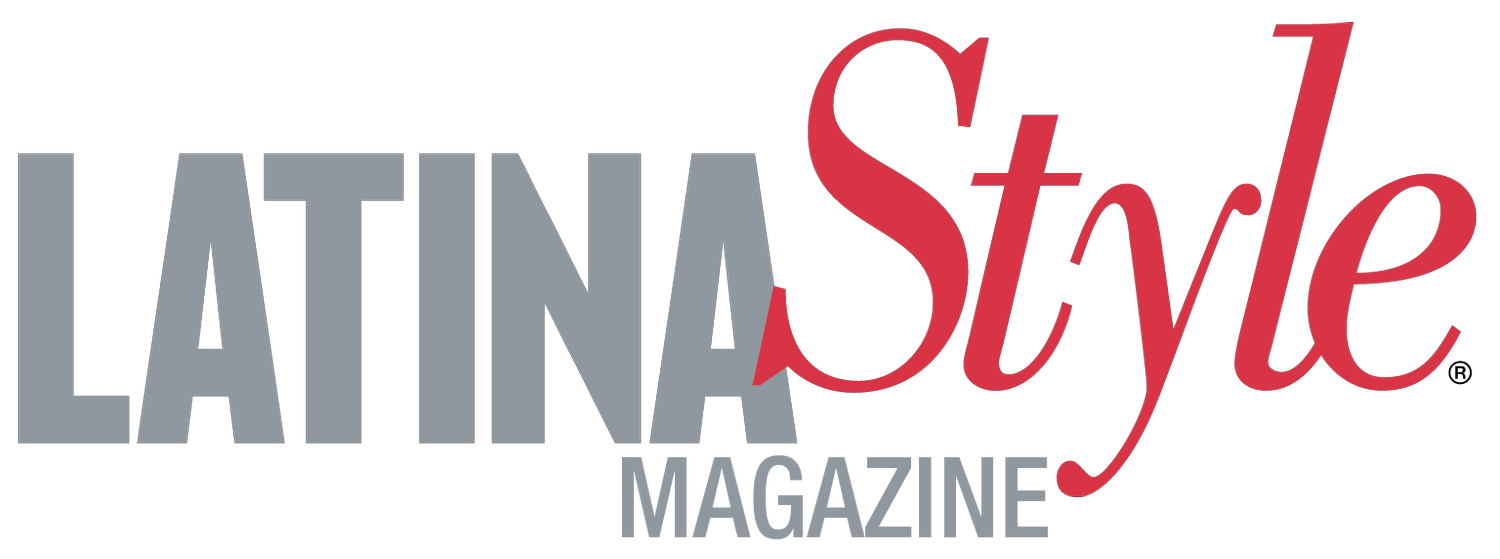Equipping Yourself for a Successful Transition
By Yamilette Bautista Operations Manager, Green & Gold Congressional Aide Program U.S. House of Representatives (Army Veteran: 42A Human Resource Specialist, 1st Air Cavalry Brigade)
I am one of the estimated 200,000 service members who transition out of the military every year.
At the young age of 18, I found myself at a pivotal moment as I was having to decide what next steps I needed to take to ensure a successful future for myself. As a first-generation Mexican American I was steadfast in my academic achievements so I could provide a better future for myself. The struggle to balance school, work, and caring for my four siblings led me to pursue a new opportunity.
I joined the United States Army, and it was best decision I have ever made. It provided me with a clear direction towards a better future, a newfound strength, lifelong friends, and disciplines which I live by to this day.
After my second deployment within three years, I decided it was time to step back into civilian life. Little did I know this transition would be much more difficult than I expected.
I was on my own, having chosen to stay away from the circumstances I left, with free rein to weave a new future for myself. However, I was unprepared and a little lost.
After many redirections and lessons learned, I went on to complete a MBA and earn several certifications. I then found employment with an organization which helped me thrive and gave me a community that supported me along the way. This journey also led to my most recent occupation where I can be of service to others through a program that offers our military community employment opportunities in Congress.
I learned many lessons along the way, and I continue to apply these to my career today.
Take the time to get to know yourself. Be clear about your likes, dislikes, values, non-negotiables, the environment you do well in, and even the type of tasks you enjoy. This self-reflection will guide your career goals and help define what success looks like for you.
Invest in your skillset early and often. Develop and enhance your skills to open opportunities and discern areas in which your interests and strengths lie. Create your civilian “I Love Me” book to keep note of your self-discoveries, goals, and milestones.
Strengthen your mindset and perspective. Embrace change and develop a growth mindset. Stepping into civilian life is just one step of a lifelong journey. Take the time to learn well-being practices to fortify a resilient mindset and perspective, which will support you as you continue to explore and delve into new opportunities.
It is ok to pivot. You can change route while continuing to build on the skillsets you have. Resort to the unrelenting mindset and discipline you developed in the service to continue to strive forward.
Build a network. You have the foundations and skills to thrive after the military. Find mentors, coaches, and sponsors who can help you align them accordingly. Start building your community of support early and don’t be afraid to ask for help. After all, as Simon Sinek famously said, “Success is a team sport.”
I hope through my story you find helpful tips for your transition and see that planning doesn’t mean you have to have your whole life set out. But, you can plan to have a well-developed toolbox and know how to use it.




